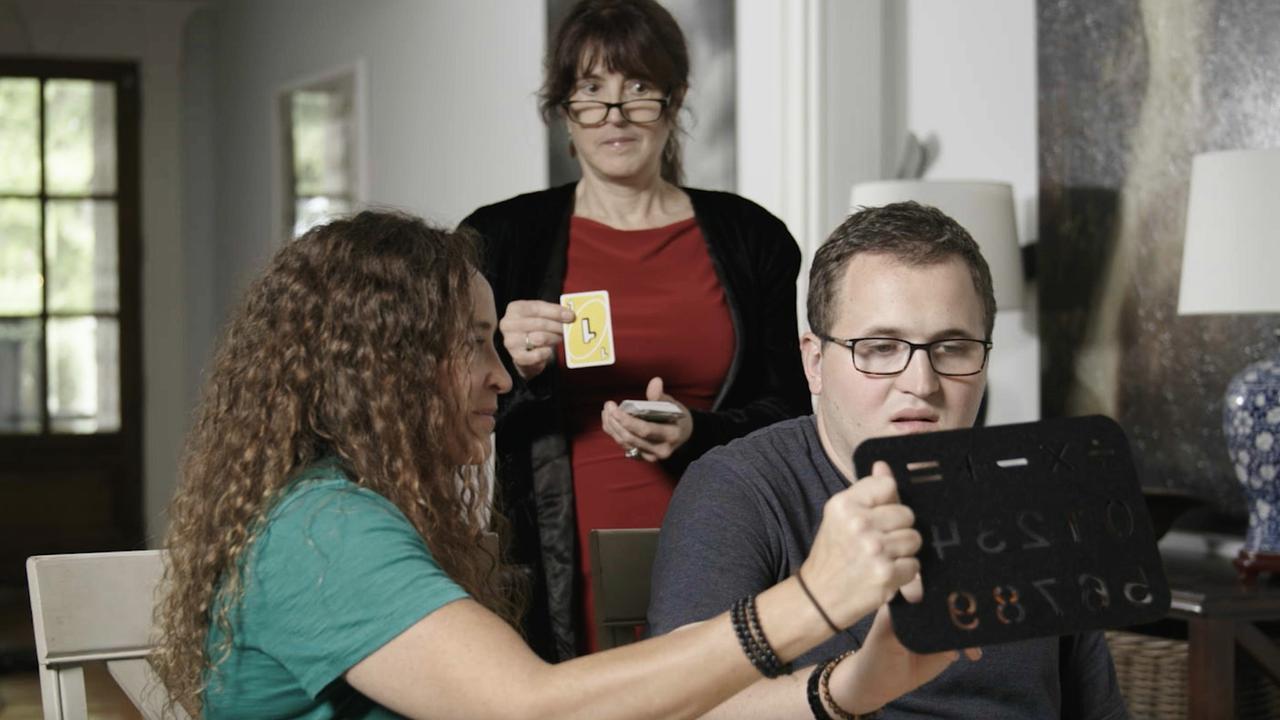Brentley Frazer’s memoir gorges on excess of sex, drugs and violence
Brentley Frazer’s memoir, Scoundrel Days, provides us with that rare literary treat: a good dose of the shocking.
Marcel Duchamp once said a painting that doesn’t shock isn’t worth painting. The French artist knew a thing or two about shock, that strange power art has to upset and surprise. The porcelain urinal he attempted to exhibit at the 1917 Society of Independent Artists show became a sensation after the committee refused to allow it. A urinal presented as art? It seems quaint to us today that anyone would consider it upsetting. We are used to the affronts that art so likes to give. Take a walk through MONA and see how far you go without being affronted.
So it’s refreshing to find that Brentley Frazer’s memoir, Scoundrel Days, provides us with that rarest of literary treats: a good dose of the shocking. We follow Brentley as a boy in the 1980s through the wild towns of Queensland’s far north — Charters Towers, Greenvale, Townsville, Cairns — as he learns the hard lessons of life. Chiefly, that adults are hypocrites, that childhood doesn’t last long, and that drugs and alcohol are an escape.
His parents belong to a religious cult and the pressure is on Brentley to conform but as he learns more about his mum and dad, he comes to understand that religion is often just a cover for their sexual appetites. His memories of being circumcised at an early age so he can be brought closer to Jesus lead to one of the more shocking — and shockingly hilarious — moments in the book as Brentley and a bunch of fellow pre-teens take speed tablets and masturbate together for the first time while trying to figure out what adults mean by ‘‘growling out’’.
This scene prefigures a lot of what will occupy the author for the rest of the story. Frazer is writing here in the tradition of Helen Garner, Andrew McGahan and Nick Earls. This is dirty realism at its dirtiest. There is no shortage of sex, drugs and violence. The drugs are a low-level hum underneath the main noise of the story, never quite reaching the status of a problem. The violence breaks through in colourful bursts now and then when Brentley or his best mate Reuben run afoul of some bully or, as things progress, become the bullies themselves.
The sex, though, is what seems to get Brentley in the most trouble. Whether it’s predatory religious figures, horny American backpackers, or desperately lonely long-distance lovers, our hero is never more than a few steps away from some new entanglement. By midway through the memoir, these entanglements start to feel less like Dogs in Space and more like Alvin Purple. They shed little light on who Brentley was at these points in his life. The women come and go and we learn barely more about them than what they look like.
There isn’t a lot of shock value to be found, or much insight. The question of misogyny starts to peek out of the text but any sense that it might be dealt with is forestalled until later on.
Then Candy arrives on the scene. Candy transforms slowly from yet another girl into someone more significant. The two of them move up and down the country, from share house to share house, and from pub to pub. She becomes significant to Brentley but significant to us as well, in that she’s the only person so far to earn our sympathy.
Her family betrays her at every opportunity. Brentley betrays her at every opportunity. Yet throughout she maintains a sense of strength and independence.
It is eventually Candy and her influence on his life that causes Brentley to look inwards and ask himself why he is so lonely, why he can’t maintain relationships and why he treats women so poorly. To the credit of the author, these questions remain open-ended. We’re given lots to think about, though.
I must also mention the approach Frazer has taken to writing this highly readable memoir. He uses a style called English Prime, where the verb forms of ‘‘to be’’ are excluded. The effect is subtle — so subtle that you would miss it if you weren’t aware. But it does have notable effects throughout. Mostly, it forces Frazer into a more active syntax as the demands of E-Prime preclude him from a lot of narrator-driven description. Instead, this pushes him into observations made directly by his character.
The result is an outer world that reflects the inner life Brentley is experiencing. We see what he sees. The imagery is often strained to the point of insincerity and the metaphors are often mixed, but this doesn’t break the deal. The outcome is an immersive, vital prose that almost drags the reader along. This is not your ordinary memoir. Think of it more as an autobiographical novel or creative nonfiction.
If, like I do, you remember the 80s and 90s as times of bohemian excess, you’ll find a lot to enjoy in Frazer’s terrific book. Beware, though: we were nastier, uglier people back then. Frazer is determined to show the truth of those days, ugliness and all.
Rohan Wilson’s novels are The Roving Party and To Name Those Lost.
Scoundrel Days: A Memoir
By Brentley Frazer
UQP, 312pp, $29.99


